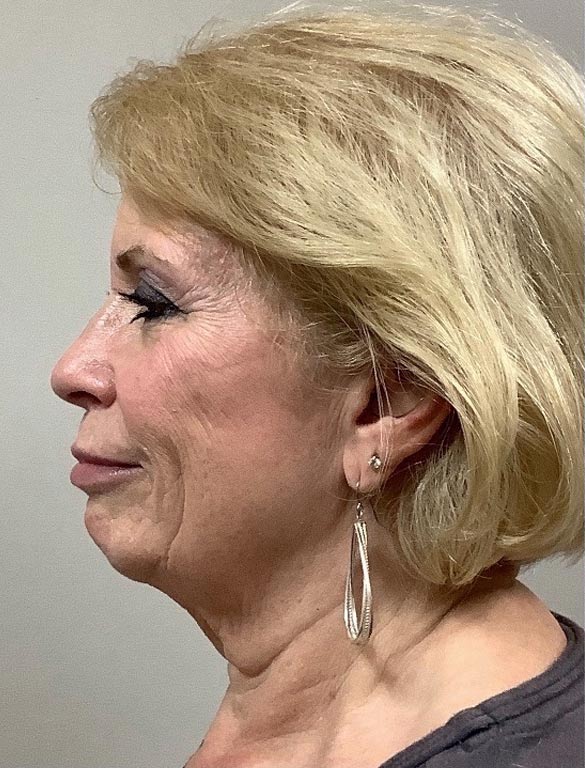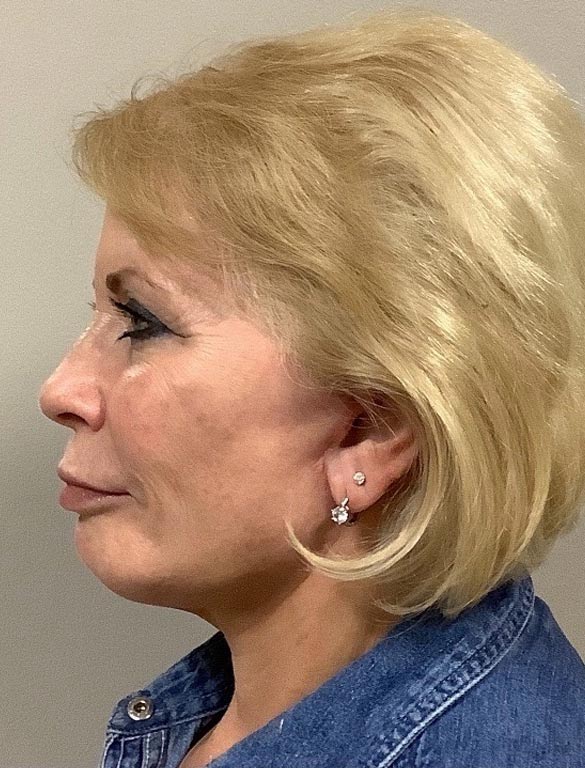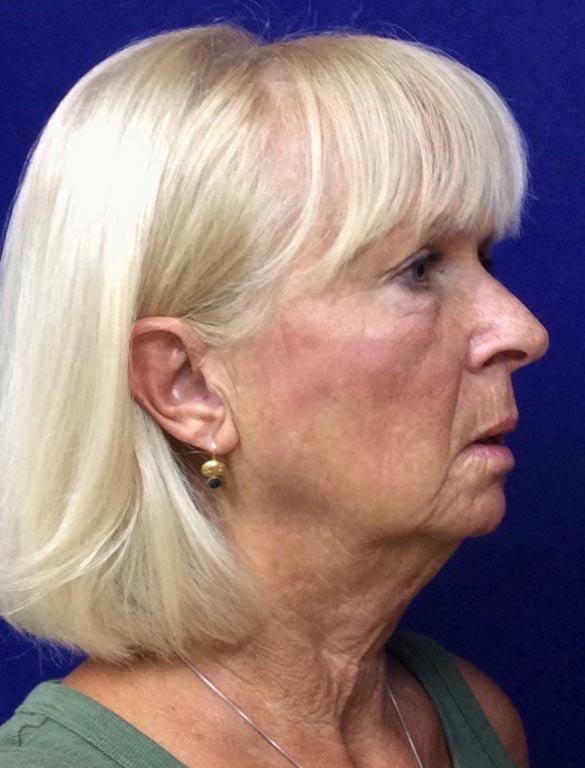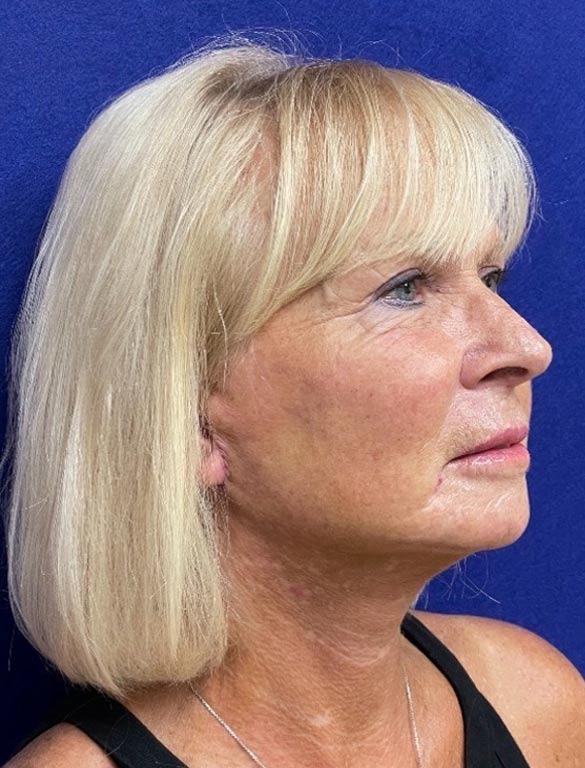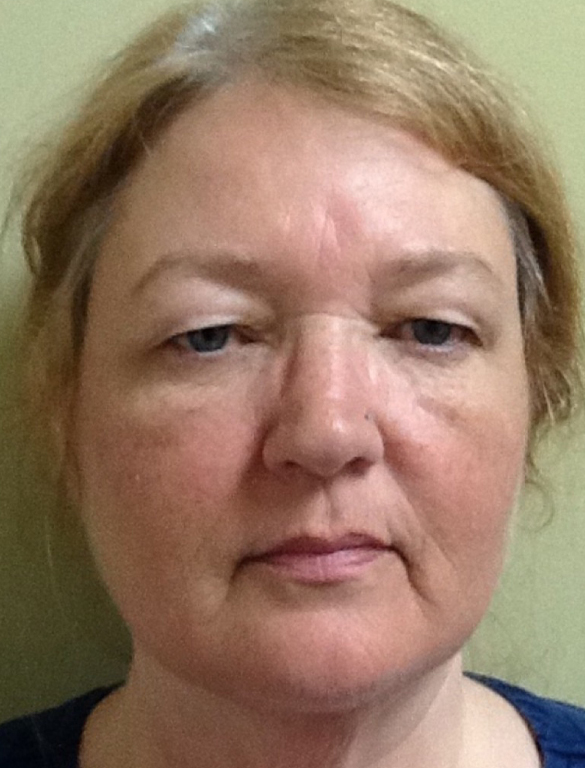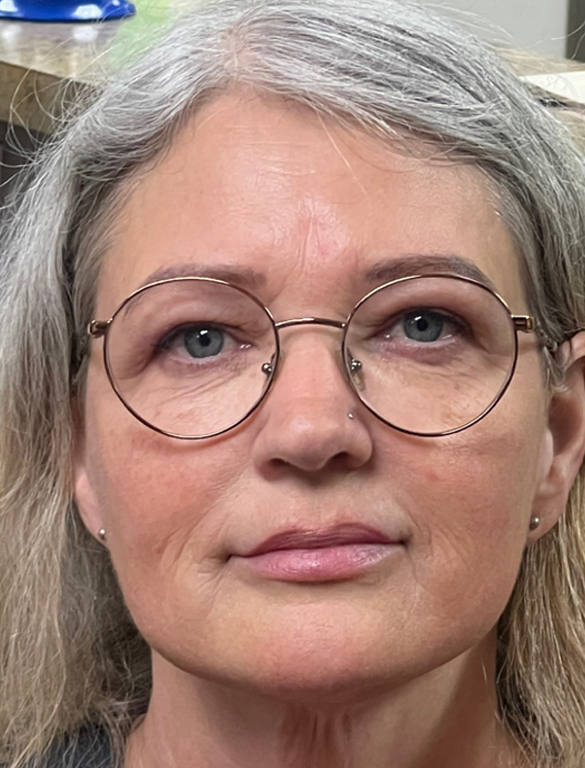Many people make the assumption that excessive exposure to the sun is something that’s specific to the summer months. Unfortunately, this train of thought leaves them vulnerable to skin damage endured in the winter when the risk for developing skin cancer is still very much applicable. There’s a tendency to pay more attention to skin care and protection in the summer when sunscreen is readily available on the shelves and you don’t have to look far to find a stylish beach hat. When the snow begins to fall, it’s easier to forget about how delicate and important our skin is, and just how much risk we take when we don’t properly care for it. It’s important not to let your guard down when winter rolls around. Skin cancer isn’t a seasonal condition and can be developed year-round. Paying attention to how you tend to your skin in the winter is a good strategy for avoiding dangerous developments down the road.
Contents
Sun Damage and Skin Cancer Can Still Happen When It’s Cold Out
Excessive exposure to the sun’s UV light is how sunburns originate. Over time, sunburns can damage skin cells beyond repair and the potential for developing skin cancer rises significantly. While it’s true that UV rays tend to be stronger in the summer months, they are far more reflective in the winter months, making them just as dangerous. It’s estimated that up to 80% of UV light can be reflected off the snow—a serious issue not to be overlooked for those outdoor enthusiasts who turn to the slopes when the fresh powder falls. As light reflects off the snow and ice, any exposed skin is put in a dangerous position if not properly protected. This is particularly true for those that head to high altitude destinations for skiing, snowboarding, and winter adventures. In these areas, there tends to be even less sun coverage and more snow to provide reflective surfaces that hit the skin twice over.UV light is a powerful source of energy and many winter travelers and adventurers often overlook the fact that these light waves can easily pass through the fog, clouds, and even glass. It’s important not to settle into a false sense of security when you’re on the slopes on an overcast day or settling in by large windows in the chalet. UV light will still reach exposed skin and protecting yourself is an important step in reducing the chances of developing skin cancer later on.
Important Things to Keep in Mind During the Winter Months
Above all, it’s important not to get lax when it comes to sunscreen application. Sunscreen is a must year-round whether you plan on spending time inside or outdoors. Getting in the habit of applying sunscreen daily, no matter what the weather might look like, can only help your chances of avoiding skin cancer and will never be a detrimental part of your daily routine. A broad-spectrum sunscreen is recommended to be applied to any skin that’s exposed during the winter months and if possible, should have an SPF of 15 or above. Picking brands that integrate added moisturizers into the formula is a good way to combat dry skin during the winter months as well. Pay particularly close attention to applying sunscreen around the eyes, hairline, and ears, especially for those that are planning to spend plenty of time outdoors in the elements. Experts have long known that the peak hours of UV light exposure happen between 10:00 am and 4:00 pm, so if you’re able to avoid time outdoors during this timeframe, you reduce your risk of exposure significantly.
Other Strategies for Keeping Skin Protected During the Winter
Taking steps to avoid the development of skin cancer is a year-round endeavor but there are some specific steps you can take in the winter months to keep your skin protected. Above all, investing in a pair of UV blocking sunglasses is a must! Eyes and the thin skin around them are very vulnerable to burns and UV blocking glasses will protect both your skin and eyesight from harsh, reflective glares. Be sure to pack hats and scarves when your plans have you hitting the slopes. Any exposed skin is in danger of excessive sun exposure and these simple pieces of apparel can do a lot towards covering those delicate areas that are likely to be exposed. Finally, don’t forget to protect your lips when you’re out during the winter. The skin that covers your lips is particularly vulnerable to the harsh elements and a constant application of balm can be an important barrier between your lips and the sun and cold.
Reach Out Today
When you’re looking for exceptional skincare advice, or are interested in dermatological or cosmetic services, the team at the Skin and Vein Center is here to help. Contact us today to learn more about our services or to schedule an appointment.

